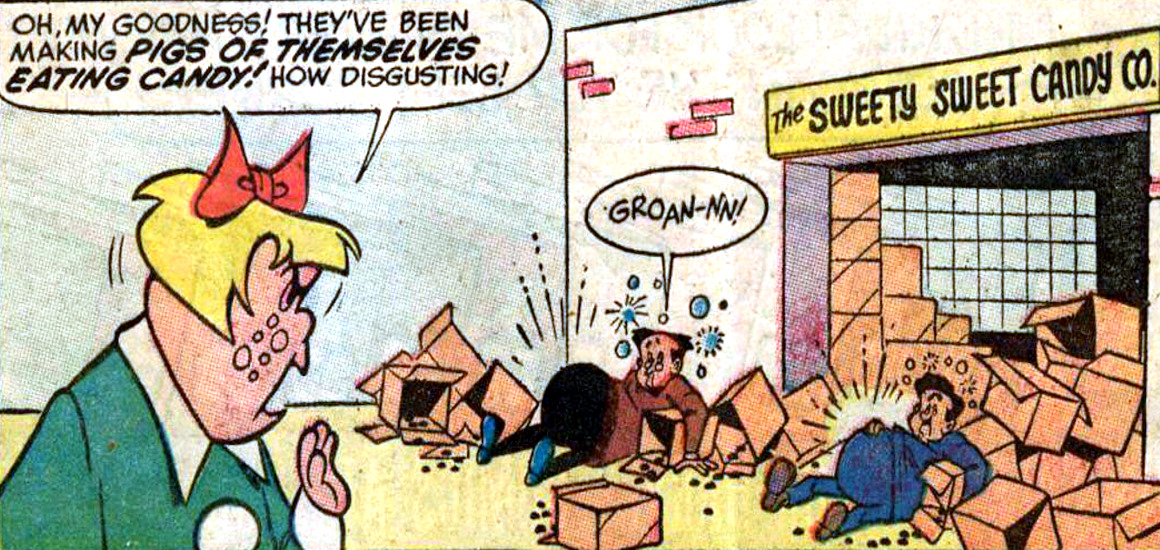If there is one word I would expunge from the English language tomorrow, it would be ‘solution’. Give me dictatorial power and by sundown all dictionaries would have the single page ripped out. All electronic documents would be subject to enforced ‘find/replace’. Google would automatically de-index any offending webpage.
But that wouldn’t be enough. Anyone in danger of ever putting words on paper or screen likely to be exposed to innocent people would be required to undergo a surgical removal of that part of the brain where the word sits in the linguistic memory, like a cancer in the lexicon.
Sure, we may lose some other words as unfortunate casualties in this war against vocab barbarism. The dictionary purge would delete ‘sombre’, for example. But as the English language has more synonyms than any other in the world, it is easily compensated with ‘gloomy’, ‘mournful’, ‘dismal’ and a slew of others with overlapping shades of meaning.
‘Sombrero’ would also be a casualty. But hey, every cloud…
We would also lose the alternative definitions for ‘solution’ itself. Understand, I have no beef with dissolving solids or gases into a liquid. Chemists may carry on their experiments unimpeded. We just need to pick another word for it. There are a couple of other more obscure definitions which I’m sure won’t radically undermine our language too much. There’s a greater cause at stake.
It’s the richness of the language and the sheer number of synonyms available that is partly why the word drives me to such puritanical measures. Why? Because it is so often used to obfuscate or blur over accurate meaning rather than clarify and convey detail.
It has become a dull (in both senses of the word) landmine of letters, turning so much marketing copy into minefields of banality. At any moment, a reader interpreting a sentence to glean necessary information or insight may innocently come across the eight letters of linguistic doom. Once the reader’s eyes alight upon the word, the entire sentence implodes into vaguery, leaving in its stead a crater of bland, meaningless twaddle.
It is a lazy word. It has become synonymous with almost any phrase where the writer wants to sound professional, while simultaneously positioning the subject of the sentence as a positive benefit. What the word really displays is either a) a disinterest in thinking up a more appropriate word more accurately describing the subject, which ironically would be more professional, or b) even the writer doesn’t know what this thing does.
A few years back, Private Eye ran a wonderful column of submissions from readers of the most ridiculous uses of ‘solutions’ in marketing spin. For example, cardboard boxes described as “Christmas Ornament Storage Solutions”. It ran for many years and received hundreds of increasingly mind-boggling variations. But constant ridicule hasn’t deterred repeat offenders from sticking it into company slogans, website headings, product descriptions and sales copy.
Yet the majority aren’t even that imaginative. Why say ‘Electrical Solutions’ on the side of your work van when you just mean ‘Electrician’? We all know what an electrician does, so you would save some money on the decal letters at least. Or maybe that van wasn’t an electrician but a supplier of household electrical appliances? How would we know? Adding those extra letters doesn’t add greater meaning. It actually subtracts it, removing all context and make it less clear what it is you’re selling.
And then there are those instances when it is added to an equally ambiguous word. What exactly are ‘business solutions’? That’s a pretty broad concept you’ve tried to commoditise there. Or consider ‘technical solutions’? OK, we’ve narrowed it down to anything involving a device of some kind… or something. How about ‘Strategic Consulting Solutions‘ for a triple whammy of WTF?! Do they even know what it is they do?
Why oh why oh why has the art of marketing and copywriting become obsessed with selling solutions? You don’t sell solutions, you sell a product or service! I’ll be the judge of whether it solves my problem or not if you would simply tell me what it is you’re actually selling! In plain English! If you can’t tell me what it is yourself, why the hell would I give you my cash?
Yes, it’s probably a good thing I don’t have dictatorial power to enforce laws based on my own grammatical preferences and linguistic pet hates. Bad copywriters don’t need to fear a knock on the door late at night and dictionaries can continue unmolested.
But I’m watching you… I can bide my time.
